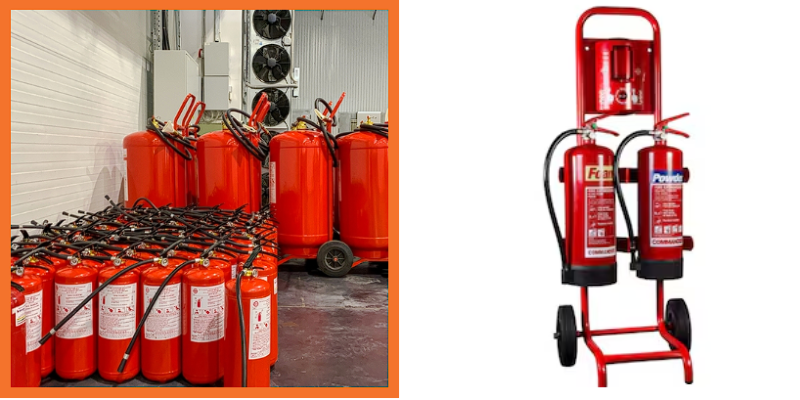Whether your home or commercial space, ensuring fire safety is essential, and for this, installing fire alarms in Bristol is mandatory. The right choice can prevent disruption, reduce risk, and keep people safe. On the other hand, the wrong one can expose you to regulatory breaches and unnecessary costs. While making this choice, one of the biggest issues that owners face is deciding between wired and wireless fire alarms. Learning about both in detail helps in making an informed decision.
What Are Wired Fire Alarms?
Wire fire alarms are traditional and require wiring to connect the points. With the right wire, these alarms connect detectors, call points, and sounders to the central point, ensuring flawless operations.
Advantages of Wired Fire Alarms
Stable Connection
Wired alarms are operated through wires, making them less susceptible to interference. Even after a weather event, they work safely. However, flooding or lightning can affect the effectiveness.
Lower Maintenance
Once installed, wired systems require little upkeep beyond occasional servicing. This makes these alarms one of the most cost-effective investments ever.
Higher Capability
The wired system can connect multiple rooms and levels through cables, allowing for the protection of a large area without interruption.
Zero Battery Concerns
Wired alarms run through the cable and are powered by the central point. Naturally, you don’t need to worry about changing batteries in sensors and devices.
What Are Wireless Fire Alarms?
Wireless fire alarm systems use radio signals to connect devices to the control panel. A long-life battery powers each detector or sounder. In recent years, wireless alarms have gained popularity due to their flexibility and ease of handling. It is ideal for people who live or use office space on a rental basis.
Benefits of Wireless Fire Alarms
Easy Installation
Wire fire alarms operate through sensors, so they naturally don’t require drilling to run cables through walls. This offers an easy installation process.
Flexible and Scalable
Scalability is one of the most important parameters of convenience. With wireless alarms, you can add more sensors, cameras, and other security devices to enhance their capacity. This makes your place future-ready and lowers the chances of repetitive investment.
Remote Access
A fire accident can happen at any time, and to prevent damage, you must have control over the security system. Many wireless alarms integrate with smart home technology, allowing you to monitor and control your system remotely via a smartphone app. This enhanced freedom not only helps in lower damages but also offers peace of mind.
Also, Read this Blog: 5 Common Mistakes to Avoid in Your Fire Risk Assessment
Wireless vs Wired Fire Alarm: Which One is Right For You?
To select the perfect system for your property, consider the property type, installation process, budget and smart home features. If you own a large home or commercial space, a wired alarm might serve the purpose and is also cost-effective.
However, if you live in a rental home or run a business from a leased building and have the possibility of relocating, opt for wireless fire alarms. The wireless system will offer you convenience and flexibility. The cherry on top is that the wireless system allows better remote control.
At Radcliffe Fire & Security, we offer a wide range of fire alarms to cater to different properties at a competitive rate. To help you make decisions, we offer the right guidance when choosing.
Connect to book your fire alarm now.
